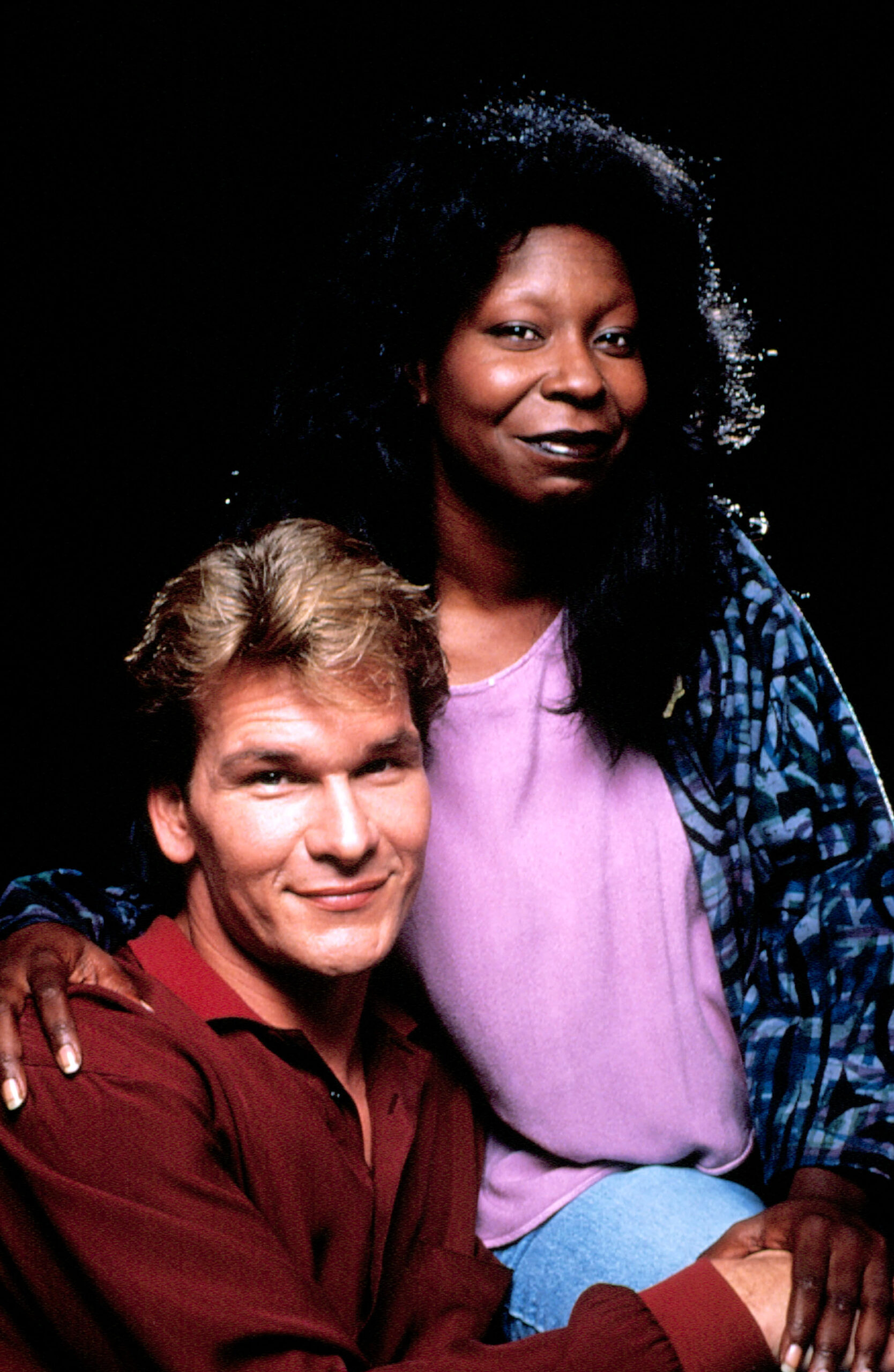

It beautifully encapsulates the romance between the characters, and does so in the desirable show-don’t-tell manner of good, satisfying writing while foreshadowing the interplay of forms and influence in the subsequent ghost-based portion of the story. The pottery sequence is rightly remembered as the best in the movie.

Their love is shown, in addition to being explained in dialogue, through a much-beloved sequence wherein the pair play with a pottery wheel and make out, set to the Righteous Brothers’ “Unchained Melody” (both the soundtrack and the score of the movie are additional strengths). Patrick Swayze plays the eponymous ghost of protagonist Sam Wheat, whose love for Molly Jensen, played by Demi Moore, is rivalled only by his mastery of banking software. Taken as a 90s comedy, Ghost is intermittently passable but taken as the romantic fantasy “ thriller” or “ drama” it is billed as, Ghost is abysmal. Every other aspect of this movie is as forgettable as it is hackneyed. Ghost is a movie that boasts two things working in its favor: the memorable romantic pottery scene, and most of the performance by Whoopi Goldberg. The nature of this article is such that it requires spoiling basic plot details of Ghost, so you should only continue reading after this paragraph if you either do not mind spoilers or have already seen the film.

In contrast, the winner of the 1990 Oscar for best original screenplay, Ghost, also puts its best foot forward as a ghost-centric drama, but gets pretty much all of those same details graphically wrong. The gimmicks are kept to a minimum and the actors, including the child actor at the film’s center, put in nuanced and subtle performances. Introduction:Ī month ago, I wrote an article in praise of The Sixth Sense, a movie from the 1990s which covers the ghost myth perfectly, with just the right amounts of ambiguity and consistency so that the viewers’ credulity is not strained.


 0 kommentar(er)
0 kommentar(er)
